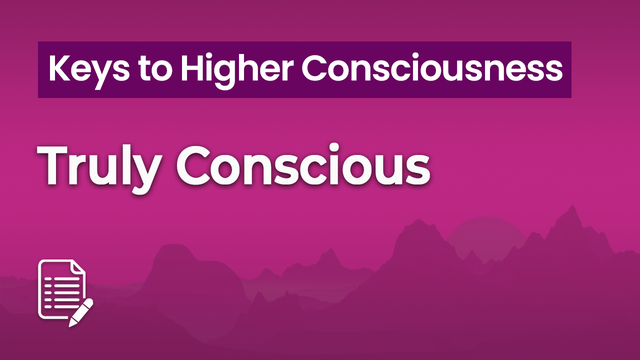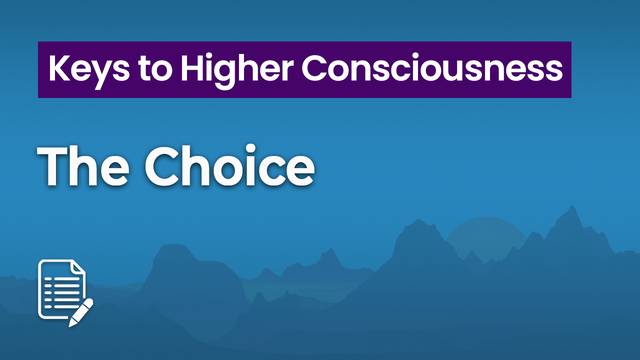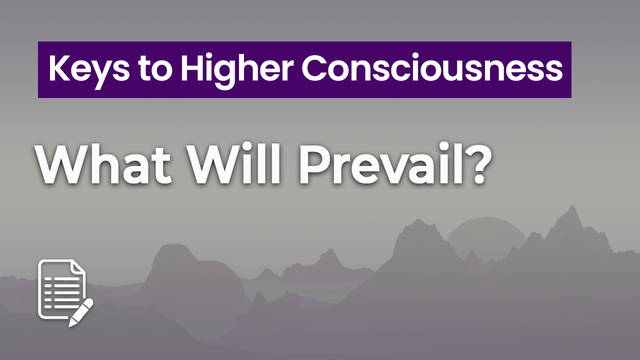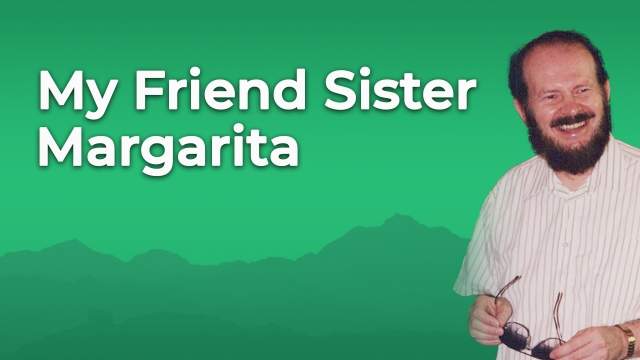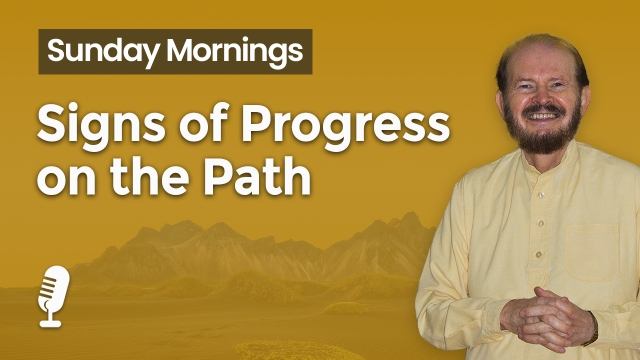
Ramakrishna Ananda
Do You Like Your Life Today?
Do a happiness exercise to find out what you do and don’t like about your life
More pertinently, do you like yourself? Happy with what you’ve become? Do you think you have developed some very important qualities? On the other hand, are there some extremely self-destructive attitudes or behaviors which you wish you didn’t have — which you would very much like to change this minute?
Your reading here is a private experience. No one is watching your thoughts. You can be as honest with yourself as you want to be. There will be no test scores — the quality of your life is the only true test, after all. In this private and personal study you can create a better life, becoming the person you yearn to be through practice of the techniques and concepts revealed in this website.
 However, a kind and unpretentious honesty is a necessary foundation. In many ways, it’s fun to be honest. Abraham Lincoln, and other sages, said it’s better to speak the truth because then you won’t have to keep all your lies straight. Sincerity with yourself is the beginning of sincerity with other people! It is the bedrock of good will and mutual respect. If you can’t be honest with yourself, you will find it very difficult to improve your life in any lasting way. All movement toward higher consciousness involves facing problems, shortcomings, and then being willing to make changes.
However, a kind and unpretentious honesty is a necessary foundation. In many ways, it’s fun to be honest. Abraham Lincoln, and other sages, said it’s better to speak the truth because then you won’t have to keep all your lies straight. Sincerity with yourself is the beginning of sincerity with other people! It is the bedrock of good will and mutual respect. If you can’t be honest with yourself, you will find it very difficult to improve your life in any lasting way. All movement toward higher consciousness involves facing problems, shortcomings, and then being willing to make changes.
Of course it’s difficult to be honest with ourselves. It’s so easy to be self-deluded into thinking we are always in the right, we are always the offended party or hero from the “good side.”
Happiness Exercise
Nevertheless, being as honest as you can be, in a calm state of good will for yourself and others, you can start a process that more and more clearly reveals how wonderfully you have been created and how pleasantly old, self-limiting ways can be tossed into the garbage. Level with yourself. Accept yourself as you are and be willing to grow. Your kind honesty will assure an end to the inner conflicts and subtle self-hate which always sabotage your heartfelt desires from becoming realities. Ending the campaign of self-deception, which so many people wage on their world, makes it possible for you to discover tremendous inner knowledge and power — great aids to your future achievements.
Again, are you happy with your life? Are you happy with yourself? What would you like to change? What would make your world and personal esteem significantly greater? Take the time now. Think about these questions until you have created two lists:
- In My Life And In Myself I Am Happy With
- In My Life And In Myself I Deeply Want To Change
Then, when you’ve thoughtfully completed both lists, read them out loud, if you’re alone. Be sure you feel happy with both lists, that they are more than satisfactory. Check to see that your lists reflect your most sincere try. Likely, writing these two lists has unburdened your heart and you feel calm, with an attitude that important change has already begun.
Are You An Exile?
How many exiles live in our world today? An exile is one who lives away from his home for a long time, often wandering aimlessly. Do you feel far away from a sense of home?
Even if you’ve lived in the same neighborhood for thirty years, do your activities there seem meaningless — like an aimless wandering of your mind and heart?
According to sociologists, vast numbers of people living in cities feel they’re exiles. The shrill bustle of life, the distances involved in commuting, absorption in the job and desire for anonymity, while living in such close quarters with other apartment and condominium dwellers, create a sense of being alien to others. It’s common now to live without a sense of community, separate from the acceptance and the understanding of other people. Rats in laboratories, placed in quarters modeled after human city life, became neurotic and strange. They displayed anger and frustration. They hurt one another and showed little sense of community.
People often look the other way when they pass on the streets. Oftentimes, less than half the registered voters take the trouble to exercise a privilege which was fought for at the cost of many lives throughout history. People rush through yellow lights, not being concerned how those turning left are ever expected to make their turn. Not getting involved, not wanting to be responsible, not lending a helping hand has become the philosophy for millions. Many are afraid to report a crime lest they be hurt by the same viciousness that they are witnessing.
Certainly these characteristics are not true of everyone. However, these behaviors are commonplace in our cities and in increasing numbers in small communities throughout the land. Simply paging through newspapers or watching television yields fresh statistics about the high cost of these antisocial attitudes. These are the attitudes of exiles — those who feel they do not belong, who are not at home here, who feel they cannot make a difference.
The seeker of higher consciousness begins a new life by ending his or her exile and becoming much more conscious. He becomes more conscious of the vital components of his life. He also becomes very much more aware of other people. Higher consciousness requires an expansion of awareness, requires the joy of “coming home” to a sense of relationship, to a sharing of life with other people. Higher consciousness bestows a universal perspective through which it is not only thrilling to look at the world, but this expanded vision also grants optimism and personal strength.
The Need To Be Conscious
Let’s first look at the word consciousness. It would be good to share the same definitions. These are not specialized definitions but come from a number of modern dictionaries. Consciousness, according to Webster’s New World Dictionary, is:
- the state of being conscious; awareness of one’s own feelings, what is happening around one, etc.
- the totality of one’s thoughts, feelings, and impressions; conscious mind.
Let’s also look at the word conscious:
having a feeling or knowledge (of one’s own sensations, feelings, etc., or of external things); aware; cognizant.
- able to feel and think; in the normal waking state.
- aware of oneself as a thinking being; knowing what one is doing and why.
- same as self-consciousness.
- accompanied by an awareness of what one is thinking, feeling, and doing; intentional (e.g., conscious humor).
- known to or felt by oneself (e.g., conscious guilt).
When the word conscious is used in this website, it means being able to feel and think in the normal waking state. It means being aware of ourselves as thinking beings, knowing what we are doing and why. Certainly in being conscious we are aware of what we are thinking, feeling, and doing. Mental illness generally occurs when one enters a habit of not being aware of what one is thinking, feeling, or doing; or when one is not aware of why he or she is doing that particular thing. When you enter a rage you lose most of your control and mental capacity. Your knowledge of what you are doing, and why, is temporarily suspended due to the intensity of your emotional outpouring.
Also, when — from any cause — you are not fully conscious, you become dangerous to yourself and others. History is full of cases where people of diminished consciousness have made tremendous errors. Not all accidents, of course, are caused by neglect, but how many might be avoided if people were simply mentally present? How important it is to be conscious.
